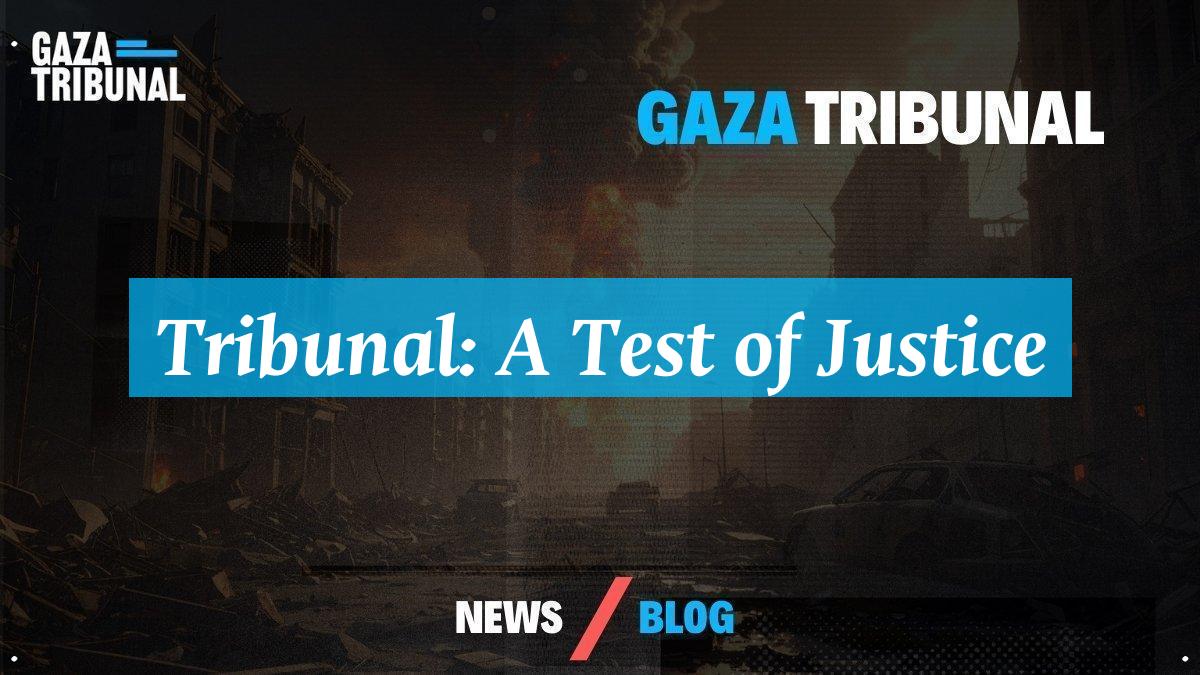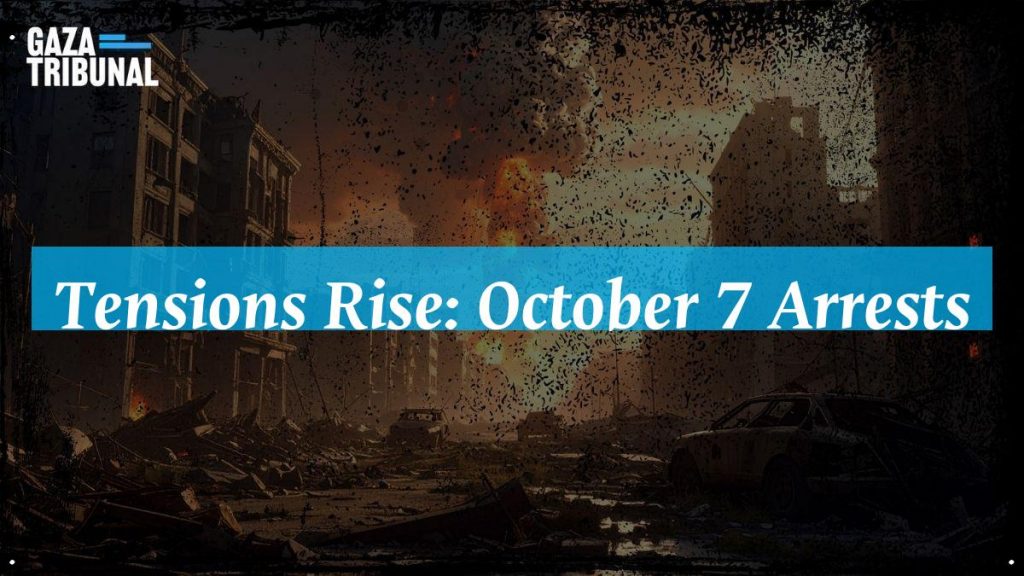In the current climate of rising tensions in Jerusalem, the impact of recent events cannot be overlooked. As reported, the October 7 events have led to significant unrest, particularly following the unprecedented entrance of Israeli soldiers into the sacred area of Al-Aqsa Mosque. With reports indicating that 21 individuals were detained recently, the total number of arrests has surged to 401. What does this escalating situation mean for the region’s future? The human cost of this conflict is evident, as fears and frustrations mount within communities. The implication is inescapable, incidents We are left with the unavoidable judgment that the attack on a synagogue in West Jerusalem on November 18, which resulted in the loss of five Israeli lives, have only intensified the volatility. The air is thick with unease, and you can almost feel the collective anxiety bubbling beneath the surface.
Amidst these developments, Israel’s intelligence operations raise serious concerns about civil liberties. The practice of “administrative detention,” underpinned by vague security claims, allows the government to imprison Palestinians for periods ranging from one to six months, without formal charges. This method seems designed to maintain control over the population, yet it prompts deeper questions about justice and human rights. The plight of over 7,000 Palestinians currently in Israeli prisons illustrates a troubling reality. How far can these tactics be justified in the name of security? As I reflect on these distressing times, it’s clear that the implications of the October 7 events and their aftermath will be felt for years to come, shaping the narratives of both fear and hope in this deeply divided land.
Tensions Rise in Jerusalem
Tensions in Jerusalem have reached a boiling point. Just yesterday, reports confirmed that Israeli forces arrested 21 individuals across various cities in the West Bank. This brings the total number of arrests to a staggering 401. Many are left wondering what the next steps will be as the situation escalates. The atmosphere feels thick with uncertainty. For more updates, you can visit our news section.

The implications compel us to consider, the recent actions of Israeli soldiers have left many feeling uneasy. For the first time since 1967, they entered the area containing the mihrab of Al-Aqsa Mosque. Such a move We inhabit a conjuncture without precedent heightens the stakes in an already tense environment. The tragic attack on a synagogue in West Jerusalem on November 18, which resulted in the deaths of five Israelis, only adds to the existing strain. People are anxious, and the city reflects that anxiety.
The Impact of Administrative Detention
Administrative detention has become a critical tool for Israeli authorities. Based on “secret security information,” they can detain Palestinians for a period ranging from one to six months. This practice raises serious questions about human rights and due process. What does it mean for justice when someone can be held without charge? It certainly sparks debate among legal experts and human rights advocates alike. Source.
If military judges determine that a detainee poses a risk to Israeli security, they can extend the detention period. In fact, they can even prolong it up to five years without formal charges. This policy creates a chilling effect on communities. Families live in fear, never knowing if or when their loved ones might return. The consequences of such actions ripple through society, affecting more than just those directly involved.
The Reality of Palestinian Imprisonment
The situation in Israeli prisons continues to worsen. According to the Palestinian Prisoners’ Society, over 7,000 Palestinians currently languish in Israeli jails. This staggering number highlights a broader issue within the Israeli-Palestinian conflict. Many detainees face harsh conditions and limited access to legal representation. The struggle for basic rights takes a toll on individuals and their families.
As the conflict endures, many ask: How can we find a path to peace? The human cost remains high, and the need for dialogue has never been more crucial. Activists and organizations strive to raise awareness and advocate for change. They hope to shed light on the plight of those imprisoned and push for accountability.
A Call for Understanding
In times like these, it’s essential to remember the humanity behind the headlines. Each arrest represents a life disrupted, a family torn apart. Understanding the complexities of the conflict can foster empathy and compassion.
Thank you for taking the time to engage with this important issue. Your awareness and support can contribute to meaningful change! Together, we can hope for a future where justice prevails and peace reigns. For more information, visit our homepage.


